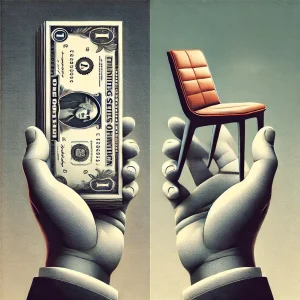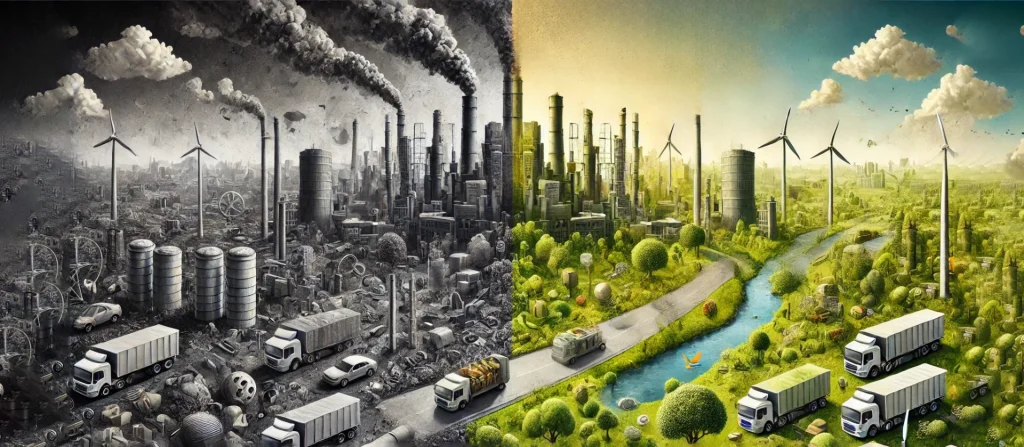Redesigning Success: Beyond Profit in Modern Society
Written By
Edoardo Francesco Liotta
Don Norman openly criticizes the current relationship between design and capitalism, highlighting how the former often serves profit rather than genuinely improving the quality of life. I agree with him: for me, design should be a tool to simplify life and improve the world, not to increase the earnings of a few. However, I must admit that in the reality we live in, design is almost always subordinate to the profit-driven logic of some multinational corporation, which inevitably forces these two dimensions to coexist.
Norman also suggests redefining the concept of success, shifting the focus from profit to people’s well-being. This would be a wonderful idea in an ideal world, but I fear it’s almost impossible to implement in today’s society. The system is too deeply rooted in its economic dynamics to allow space for such a profound change.
One reflection that particularly struck me concerns the perception of time and productivity. In many Western societies, time is viewed as a resource to be optimized. Being constantly busy is seen as a personal virtue, almost an indicator of success. However, through travel or by encountering other cultures, such as certain indigenous communities or countries with a more relaxed approach to life, you realize that this view is anything but universal. It’s surprising to discover how something we consider self-evident is, in fact, just a social construct.

I also believe it is essential to change our approach to life and consumption. Today, in this extreme form of capitalism, everything seems designed to quickly become “disposable.” Instead, we should return to valuing fewer things, made with quality and designed to last. Unfortunately, our consumer culture pushes us in the opposite direction, with devastating environmental impacts.
Lastly, there’s the issue of technology. I believe it becomes toxic when it turns into a cage. For example, social media can keep us hooked for hours with content that, in reality, has little value. It’s an almost hypnotic mechanism that distracts us from real life, which already moves too quickly on its own. It’s necessary to find a better balance in our use of these technologies so they remain tools at our service, not the other way around.
These reflections further emphasize how necessary it is to rethink not only design but also the social and cultural structures that shape our daily habits and priorities. Only in this way can we truly design a better future.

The world we live in today is shaped by countless design decisions, some intentional, others less so. Yet, as Don Norman highlights, if design got us into this situation, perhaps it can help us find a way out. By shifting our focus from profit to well-being and sustainability, we have the potential to create a world that works for everyone.
If you found this article insightful or have your own experiences to share, let’s continue the conversation!
👉 Join the discussion on LinkedIn or feel free to reach out directly by clicking the buttons below.
